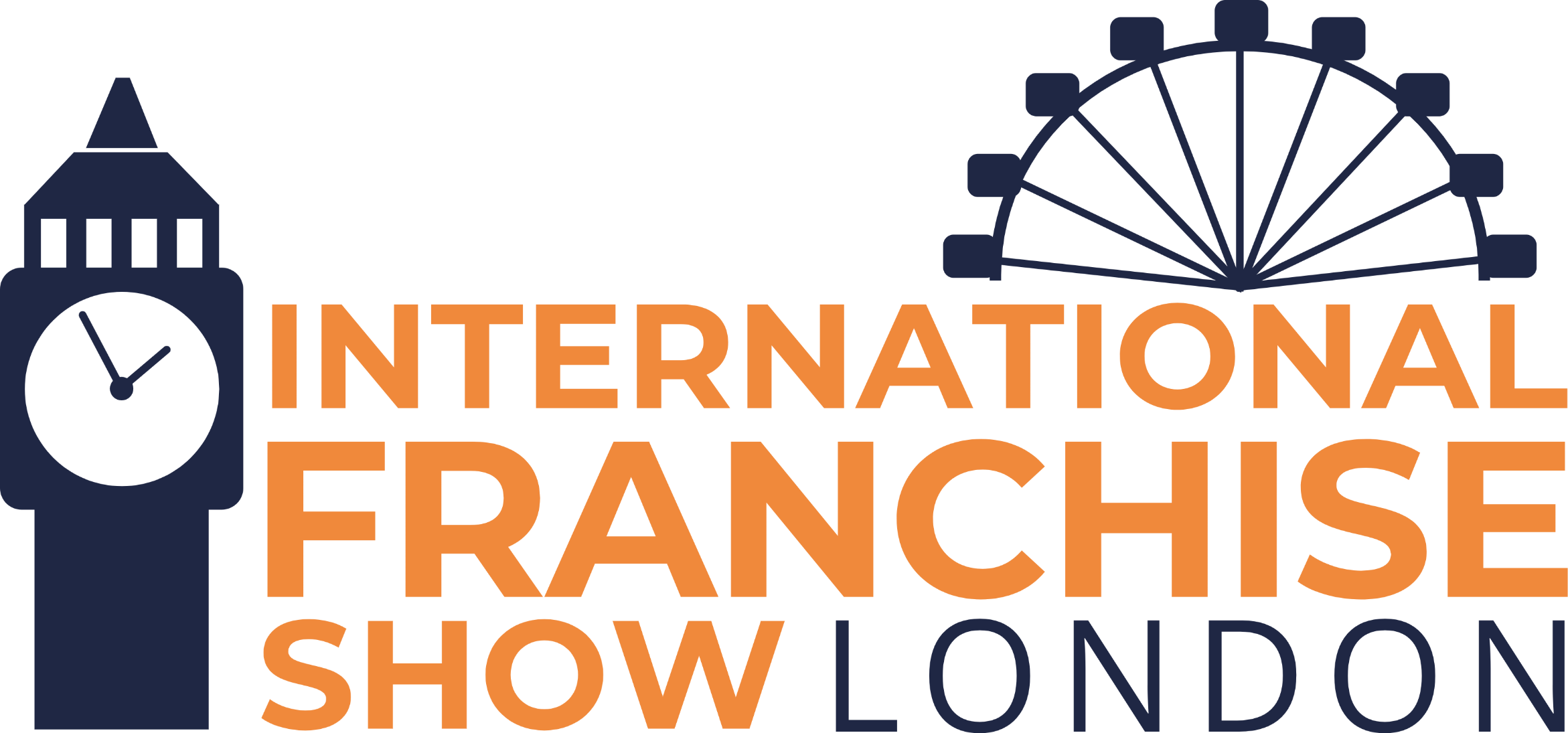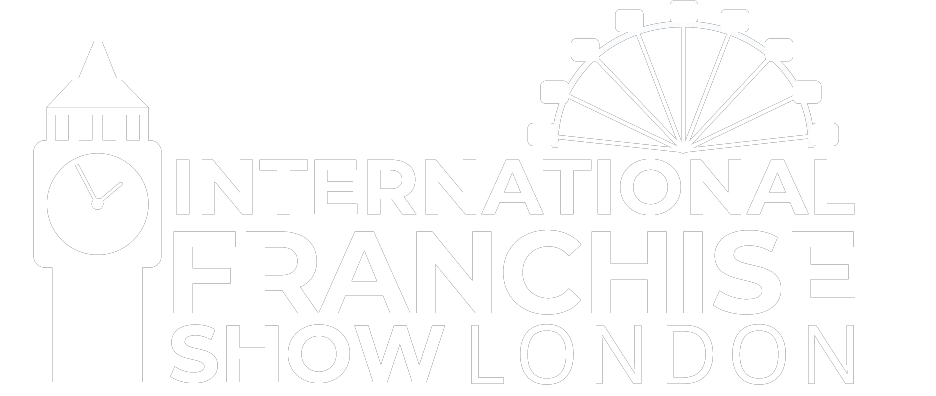5 Common Misconceptions About Franchising
)
Franchising is a well-known concept that has evolved in the business world over centuries. Whether you’re grabbing a coffee at Starbucks or picking up groceries at a major supermarket chain, the chances are you’re interacting with a franchise brand. Despite the fact that franchising is familiar to many of us, there are several misconceptions about the business model. In this article, we’ll uncover them.
-
‘The franchisor will simply run your business for you’
One of the biggest misconceptions is that the franchisor will manage your business entirely. While a franchisor provides the brand, systems, and support, the day-to-day operations and management of the franchise are your responsibility. You’ll need to follow the established procedures and guidelines, but running the business will require your active involvement and effort.
-
‘Franchises are all food-based'
When many people think of franchising, food brands like McDonald's, Costa Coffee, Starbucks, Domino's, and Subway spring to mind. However, this is not the full extent of the franchise world. These iconic names influence our perception of franchising due to their significant presence in the global market and high visibility on our high streets. In reality, the world of franchising extends far beyond these familiar fast-food and coffee giants, encompassing countless industries such as technology, hospitality, business consulting, automotive, fashion, homeware, training and more.
-
‘If they have the money for it, anyone can buy a franchise’
Many people believe that as long as they have the financial resources, they can buy any franchise. However, franchising is more of a two-way street. Franchisors often have specific criteria for selecting their franchisees, including experience, skills, and alignment with the brand’s values. While having the necessary capital is important, it is also crucial to meet the franchisor’s specific profile and demonstrate the ability to run a successful franchise.
-
‘The franchise with the most well-known name is best’
It’s easy to assume that a franchise with a highly recognizable name is the best choice. When considering franchising, big market names often come to mind. While brand recognition can be an advantage, it is not the only factor to consider. A well-known brand might come with higher costs and competition, and its success may not guarantee the same results in every location. It’s essential to evaluate the franchise’s support system, market demand, and alignment with your goals and skills.
-
‘Success is a guarantee’
A common misconception is that buying into a franchise guarantees success. Although franchising is a proven business model that works well for many, success is not automatic. It depends on various factors, including your management skills, local market conditions, and your ability to adapt and implement the system effectively. No business venture is without risks, and thorough research and preparation are key to increasing your chances of success.
To summarise…
Franchising can be a highly rewarding business model with a big ROI for some, but it's essential to thoroughly understand its requirements and acknowledge that it may not be the best fit for everyone.
Each business model is entirely unique, so your own venture might thrive independently without franchising. But by clarifying these common misconceptions, you can make a more informed decision about whether franchising is the right choice for you and how to approach it effectively.







